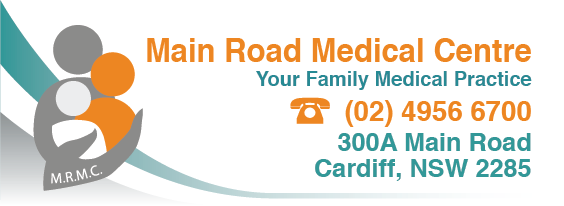Treating asthma: common questions answered
Anyone who has a child with asthma knows how terrifying the condition can be. However, the good news is we now have much more effective treatments for it, and most asthma patients don’t even need to see a specialist.
Of course, an asthma diagnosis understandably brings up many questions for my patients. Whether they are a parent worried about their asthmatic child, or are dealing with their own adult-onset asthma, they need support and the right treatment plan. Here, I answer the most commonly asked questions about asthma:
How is asthma diagnosed?
In cases of suspected asthma, patients undergo a breathing test. We use a spirometer to assess their breathing, which involves the patient breathing into a machine until they start coughing and sputtering. We use that result to say whether they have asthma or whether it’s something else.
When is asthma most active?
Winter and spring are generally the worst seasons when dealing with asthma. That’s usually when there is a lot of pollen out, and a lot of wind and rain blowing it around. Patients will often get a cold- or a flu-like illness and that flares their asthma. That’s usually when they come to see me.
What treatment options are available?
There are certainly far more options than there used to be. There are steroids, or puffers and different types of devices. I talk to people about what their preference is and what their experience is and try them on one option. We see how it goes, and if it doesn’t work then we try another.
Do I have to see a specialist when dealing with asthma?
Certainly severe asthmatics would need specialist care, but the majority of asthma is managed in general practice.
Can children grow out of asthma?
Some children certainly can grow out of asthma, but some adults can grow into asthma.
See also: children’s health
Does smoking play a role in asthma?
I believe it’s obvious that smoking is harmful for everybody. There have been studies that show that people are more likely to give up smoking if encouraged by their GP, so that’s something I try to support my patients to do.
How can you help me give up smoking?
There are support services like Quit Line and My Time To Quit, and lots of other online and telephone organisations that can help people give up smoking. There are also at least two prescription medications that are helpful. Zyban and Champix stop you getting the pleasure from the nicotine, so you don’t enjoy smoking as much anymore. It may also make you feel like throwing up after a cigarette, which is quite a discouragement as well. And there are people who do hypnotherapy for smoking cessation.
Do most patients manage to quit?
Around a third of patients successfully quit smoking. A lot of people quit, go back on it, quit, go back on it, quit, go back on it. But the more they keep on trying, the more likely they are to eventually quit altogether. So if you fail the first time, we’ll always be happy to help you try again.







